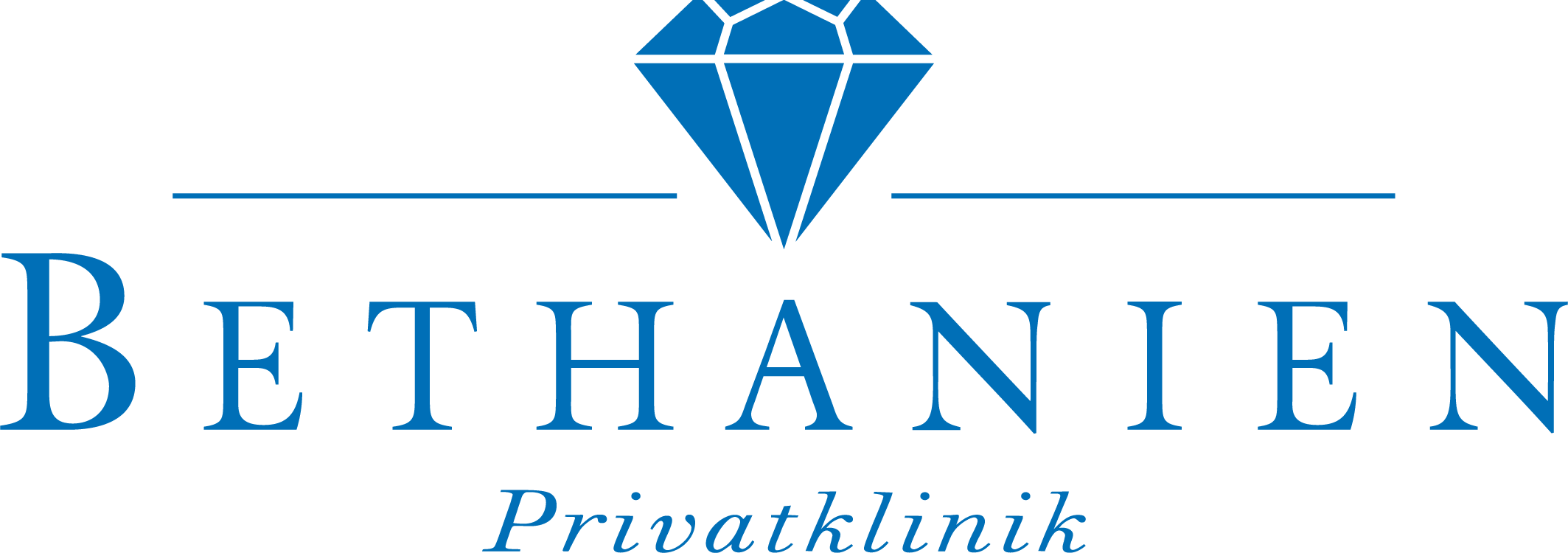-
Centres
back
Centres
- Medical specialty
-
Maternity ward
- Doctors
-
Patients & visitors
-
About the clinic
- Referrer
-
Centres
back
Centres
- BrustCentrum Zürich
- Centre for Ear, Nose and Throat Medicine (ENT)
- Centre for Gastroenterology
- Centre for Internal Medicine
- Centre for Nephrology
- Centre for Oncology
- Centre for Physiotherapy
- Centre for plastic and reconstructive surgery
- Centre for Pneumology
- Centre for Radiology
- Centre for Rheumatology
- Centre for Thoracic Surgery
- Centre for Urology
- Centre for Vascular Diseases
- Centre for Visceral Surgery
- Centre of Anaesthesia
- Centres for Cardiology
- Centres for Gynaecology
- Centres for Orthopaedics
- Centres for Spinal Surgery
- Check-Up
- Medical specialty
-
Maternity ward
back
Maternity ward
- Doctors
-
Patients & visitors
back
Patients & visitors
-
About the clinic
back
About the clinic
- Referrer
close search



